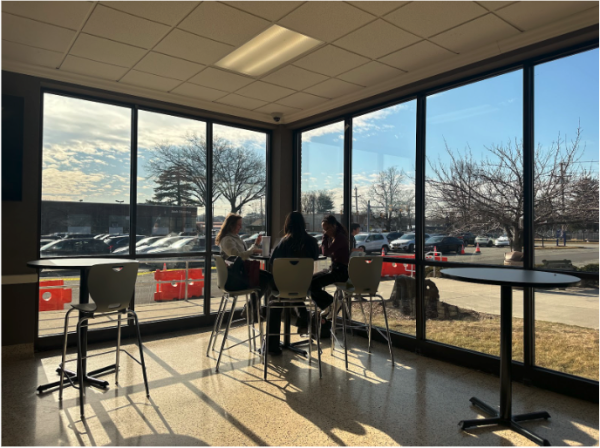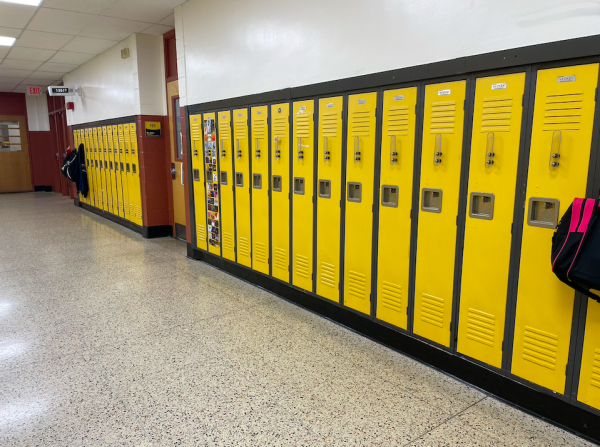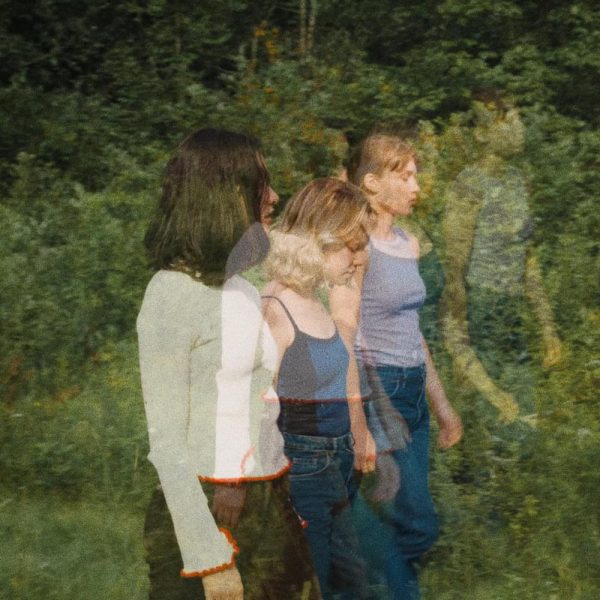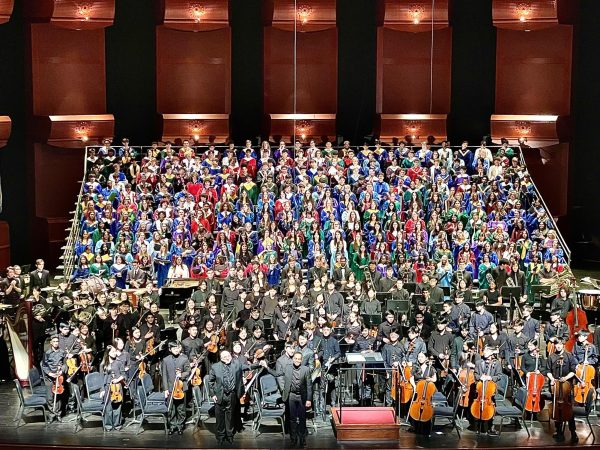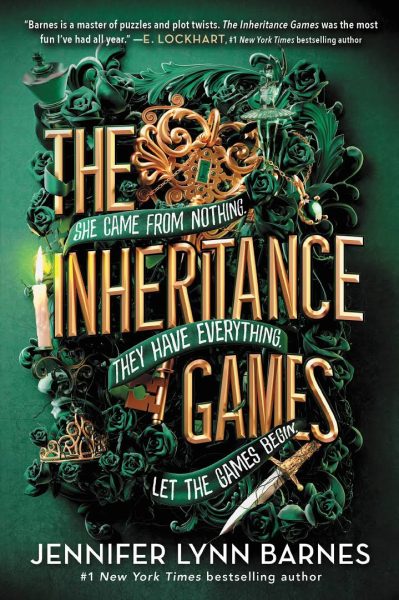W O R D S (5 letters)
March 18, 2022
Wordle, a New York Times word game in which you guess a word based on clues from previous guesses of the word, has recently gone viral, becoming part of many lives, both nationally and at Bergen County Academies (BCA). Across the nation, players ask their friends, “do you play Wordle?” and brag “I got it in two today!” As of January 21st, 14% of Americans play Wordle, and the number has been growing ever since.
As a community, students at BCA have embraced Wordle and its ever-changing answers. 65% of BCA students have reported playing the game regularly, with 23%} playing occasionally. “[I play] everyday,” says Maggie Schneider, a junior. “I don’t know if I have a reason, it’s kind of just fun.”
BCA accounting teacher Mr. Fogg has also quickly become a fan of the game. “I have played every day for the last 37 days,” he says. “It’s very simple, and challenging. It makes you think but it’s not too hard.”
Of those who played, 11% reported using adieu as their starting word, with most people (40%) reporting that their word regularly changes. Nationwide, 10% of people use the word “adieu.”
“I saw it once, on TikTok probably, and I have used it every day since then, and I don’t want to change it because I’m like what if it’s adieu one day and I didn’t start with adieu?” says Maggie, a regular “adieu” starter.
Mr. Fogg takes a different approach. “I have a couple of starting words,” he says. “Sometimes I do ‘brush’ because it feels like ‘u’ is always in there and I want to know if ‘u’ is in the puzzle right away. Sometimes I’ll just do a word that has a ‘t’ and ‘r’.”
Other variants of Wordle have developed, each fitting a different niche. Games such as Lordle of the Rings, Taylordle, and Star Wordle, have developed to fit different fandoms’ interests. Nerdle is a math game where players figure out a math equation. Other forms of gameplay have developed as well, including Crosswordle (working backwards to figure out previous guesses) and Dordle (a format to play two games of Wordle simultaneously). “I play five different variations of Wordle,” Maggie explains. At BCA, 60% of players also play other variations of the game.
On January 31st, the game was bought by the New York Times, and although many still play, the move was met with criticism, with many accusing the newspaper company of increasing the difficulty of the game. Opinions of this buyout are mixed. “I think it’s kind of stupid,” Maggie says.
Mr. Fogg takes a different stance. “I thought it was interesting,” he says. “I’m glad to see that the person who created Wordle is getting compensated for what I think is a really cool invention and I hope the New York Times maintains the free access to the game.” At BCA, most people were worried it would be bad for the game.
Wordle has become popularized through social media, with friends and family telling each other about the game. Both Mr. Fogg and Maggie have found Wordle through these areas.
“My daughter first brought it to my attention,” Mr. Fogg says. Similarly, 72% of BCA students found out about it from a friend.
Additionally, 22% found it through social media. “[I found Wordle] through TikTok,” Maggie says.
However they found out about the game, whatever starting word they use, BCA students have come to love Wordle. Although it’s exploded across the school, only time will tell whether it’s just a trend, or if trend is tomorrow’s word of the day – meaning Wordle stays around.
If you want to try the game for yourself, play it at https://www.nytimes.com/games/wordle/index.html





